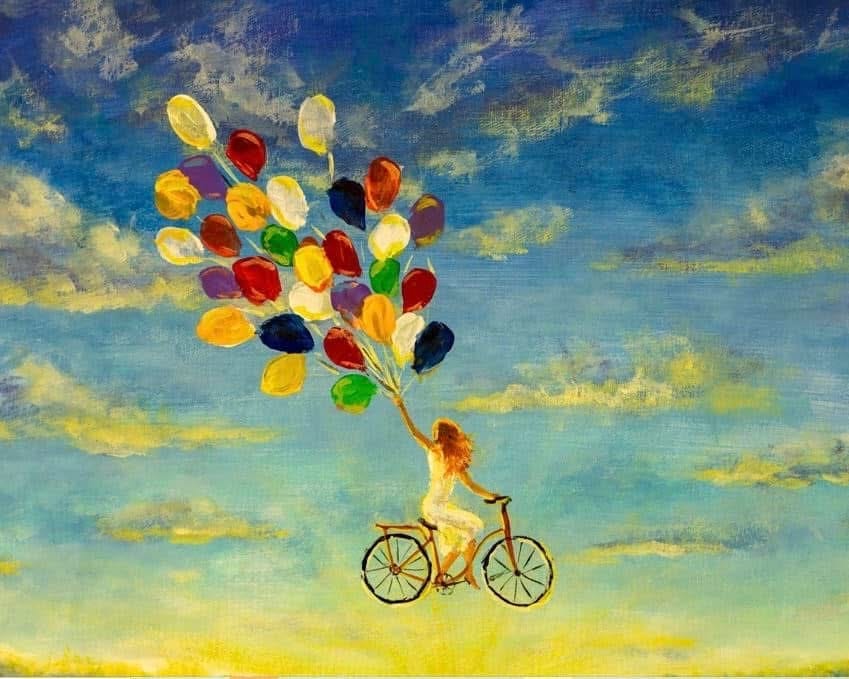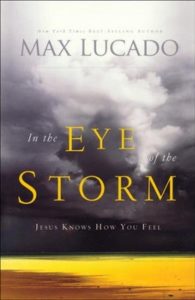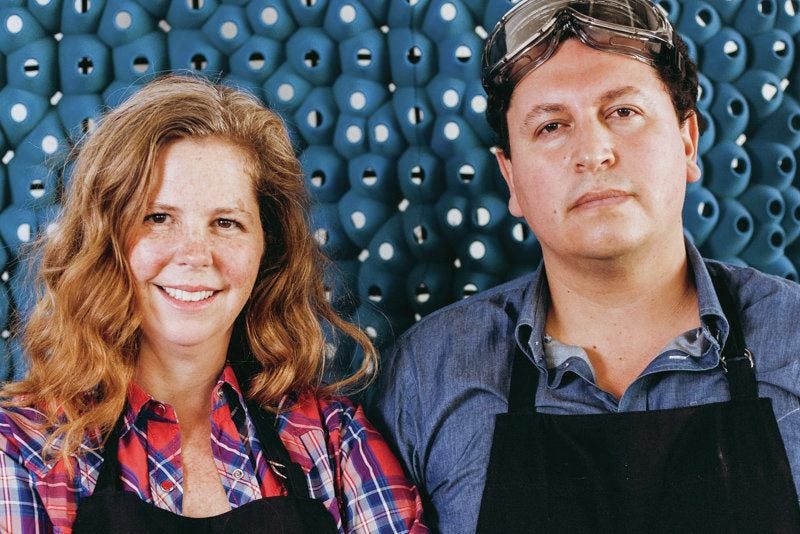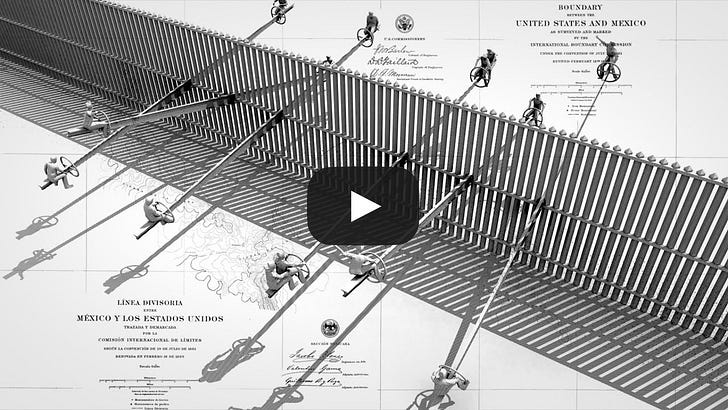Ok, here’s the Truth of my TRUTH. . .Uhhh. . . I never have a shortage of words. I always have something to say ask Erin she’ll tell you I talk even in my sleep, but sometimes even though I have a lot to say there’s a lot more going on in my mind that I don’t say and even more in my heart that I can’t say so every once in a while, I run across something that says it much better than I can and when I find that at a moment that I’m not even looking for it, I share it~~ENJOY:
Me: Hey God. God: Hello, My love. Me: The world is completely out of control! God: I know. It's such an adventure, right? Me: No! It's like being on a runaway train! I need to feel like I am in control of my life. God: You want to be in control? Me: Yes! God: You are living on a spinning wet rock of a planet that resides next to a constantly exploding fireball in the middle of an ever-expanding universe that is filled with mysteries beyond your wildest imagination. Me: Um, okay.... God: And on this planet that you are hurtling through the great expanse in - you are coexisting with billions of other people who have free-will and their own experiences that shape their perspectives and beliefs. Me: Yeah...? God: And while all this is going on your soul is residing in a physical body that is such a miracle of delicate engineering that at any given moment could produce its last heartbeat. Me: Right... God: What is it about your existence that you think you have any control of? Me: Um… God: Come on - you know the answer to this. What can you control? Me: How kind I am to people? God: Yep and one other thing. Me: What's that? God: How kind you are to yourself. Aside from that - most of everything else is a bit outside of your design. Me: This is a bit terrifying... God: All great adventures are! **** ~ john roedel


























